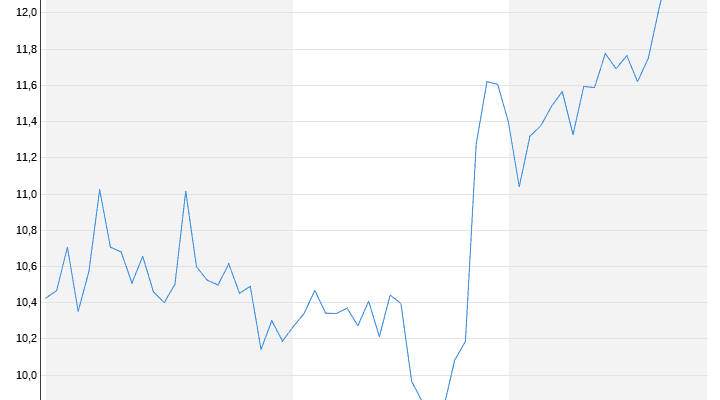Monday, May 31, 2021
Deficiencies in money laundering controls
Deutsche Bank infuriates the US Federal Reserve
Deutsche Bank is known for lax money laundering controls. In order to shake off this stigma, she says she has invested extensive resources in recent years. According to insiders, however, she is stepping backwards, not making progress, in her efforts.
The US Federal Reserve (Fed) has warned Deutsche Bank over the past few weeks that the money house continues to fail to address deficiencies in its anti-money laundering controls. This is what people who are familiar with communication report. Accordingly, the Federal Reserve is now so angry that it threatens the bank with a fine.
Deutsche Bank says it has invested extensive resources in finding suspicious transactions. However, in the opinion of the Fed, the bank is not making progress, but is stepping back. The US Federal Reserve informed Deutsche Bank of this, the informants say. The Fed has also let them know that some of the anti-money laundering control issues require immediate attention.
A spokesman for Deutsche Bank said the bank did not comment on the dialogue with regulators. A Fed spokesman declined to comment.
The Fed’s harsh words contrast with the bank’s statement that it has worked diligently to improve its systems. The money house has left most of its legal troubles behind.
Problematic classification
The Fed’s latest warning comes four years after Deutsche Bank’s US operations were classified as problematic. In May 2020, the Fed again warned the bank of lax money laundering controls.
Also in 2020, Deutsche Bank compared itself with the New York Department of Financial Services about its role as a correspondent bank in one of Europe’s largest money laundering scandals and the inadequate supervision of its business with the deceased financier and convicted sex offender Jeffrey Epstein.
In 2017, the Fed fined Deutsche Bank $ 41 million for failing to maintain effective anti-money laundering management. Deutsche Bank is Germany’s largest lender and, as a dollar clearing bank regulated by the Fed, a major player in global financial transactions.
Banks are required to monitor the way money flows through their systems to prevent proceeds from criminal activities from entering the economy. They need to know who their customers are and report transactions that indicate potentially illegal activity to the authorities.
Deutsche Bank’s financial health has improved since it began restructuring in 2019 to drastically cut costs and give up some businesses, including stock trading in the United States. This year it recorded the strongest quarter in seven years.
Call for lax controls
On Thursday, Deutsche Bank managers adopted an optimistic tone at the annual general meeting. The bank has found its basis and is regaining the confidence of the market. The bank also wants to play an active role in bank consolidation in Europe.
“The way people see our bank has fundamentally changed,” CEO Christian Sewing told shareholders in a speech. The bank has “significantly strengthened its control systems” but “we are also aware of areas where we need to improve”, including efforts to combat financial crime.
Deutsche Bank is struggling to shake off its reputation for lax controls. In April, the German financial regulator Bafin called on the bank to take further steps against money laundering. Deutsche Bank must meet its due diligence obligations, especially when it comes to regular customer reviews. In addition, the Bafin expanded the tasks of an inspector it had appointed in 2018 to monitor implementation.
Following the Bafin order, Deutsche Bank said it had significantly improved its controls, spent about $ 2.4 billion and increased its anti-money laundering team to more than 1,600 employees in the past two years. She admitted that she still had work to do.
.
